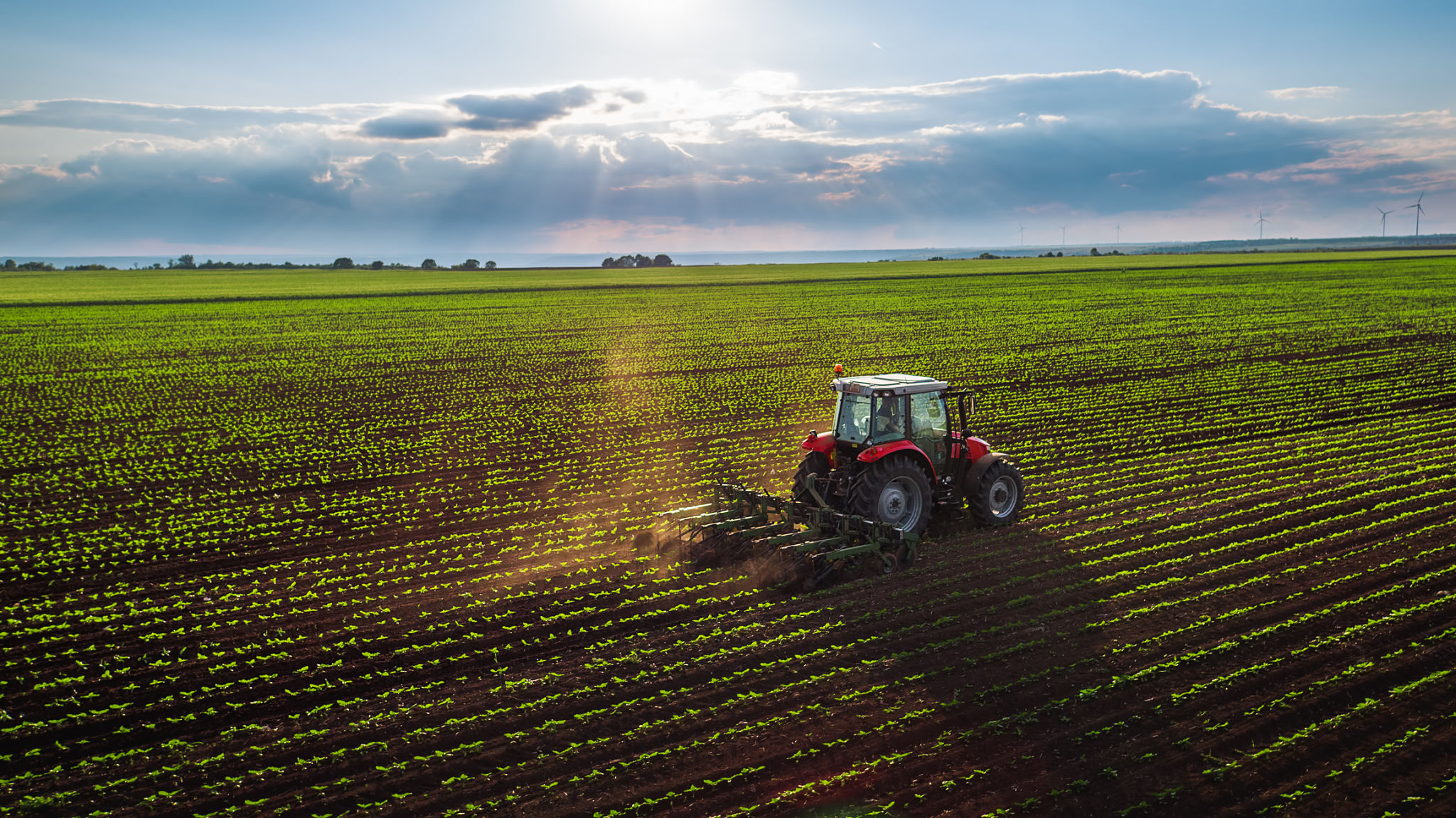Understanding Seasonal Planting in Ghana: Tips and Tricks
Understanding the Climate in Ghana
Ghana's climate is primarily tropical, characterized by a distinct wet and dry season. These seasons influence the agricultural calendar and determine the best times for planting various crops. Understanding these patterns is essential for successful farming. The northern part of Ghana experiences a single rainy season from May to October, while the southern part has two rainy seasons: the major season from March to July and the minor season from September to November.
The timing of these seasons is crucial for farmers who aim to maximize yield. Planting at the right time ensures that crops receive sufficient water and favorable growing conditions. The dry seasons, on the other hand, can be used to prepare the land and plan for the next planting cycle.

Choosing the Right Crops
Not all crops thrive under the same conditions, making it important to choose varieties that are well-suited to Ghana's seasonal changes. Common crops in Ghana include maize, rice, cassava, yam, and various vegetables. Each has specific requirements regarding water, sunlight, and soil conditions.
For example, maize is typically planted at the start of the rainy season to take full advantage of the moisture. Cassava, which is more drought-resistant, can be planted towards the end of the rainy season or during the minor wet season in southern regions.
Tips for Successful Seasonal Planting
To optimize crop yield, consider these tips:
- Monitor weather forecasts: Stay updated on weather predictions to time your planting accurately.
- Soil preparation: Conduct soil tests to understand nutrient levels and make necessary amendments before planting.
- Select disease-resistant varieties: Choose crop varieties that are resistant to common pests and diseases in your area.

Irrigation and Water Management
During the dry season, water management becomes crucial. Implementing efficient irrigation systems can help maintain crop health when rainfall is insufficient. Drip irrigation and sprinkler systems are popular choices that ensure uniform water distribution while conserving water resources.
Collecting rainwater during the wet season for later use is another effective strategy. This practice not only secures water supply during dry months but also reduces dependency on unreliable rainfall patterns.
Addressing Soil Fertility
The fertility of the soil plays a significant role in plant growth and productivity. Regularly replenishing soil nutrients through organic composting or commercial fertilizers can significantly enhance soil health. Crop rotation is another effective method to maintain soil fertility by varying the types of crops grown in a particular area each season.

Moreover, incorporating cover crops like legumes can fix nitrogen in the soil, improving its structure and fertility for subsequent planting seasons.
Embracing Sustainable Practices
Sustainable farming practices are becoming increasingly important in maintaining environmental health and ensuring long-term agricultural productivity. Practices such as agroforestry, mulching, and integrated pest management contribute to sustainability by enhancing biodiversity and reducing chemical usage.
By understanding and adapting to Ghana's seasonal planting cycles with these strategies, farmers can improve their yields, ensure food security, and promote sustainable agriculture in the region.

